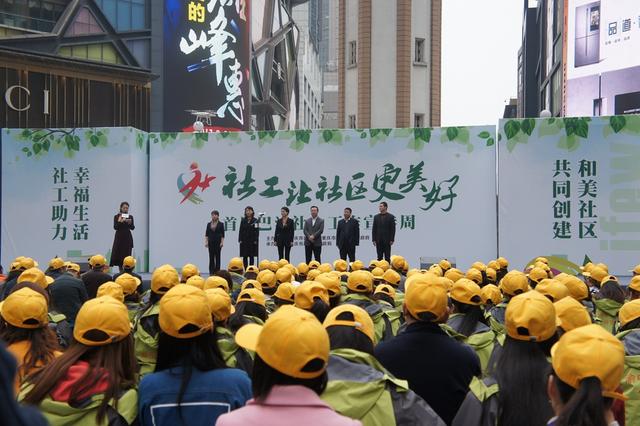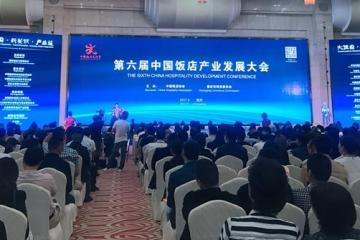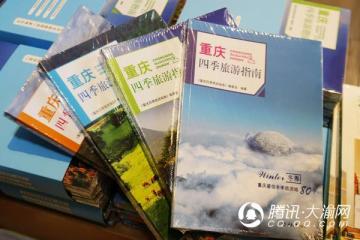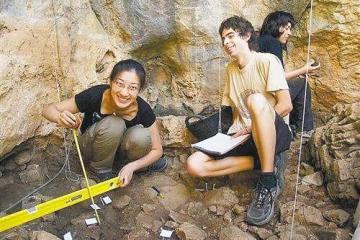WTOAgricultureTalksResumeAmidDisagre
来源:搜狐 发布时间:2018-06-04 06:53
The World Trade Organization's negotiating body on agriculture met informally on 24 May for the first time since the organisation's eleventh ministerial conference in Buenos Aires last December, against a backdrop of ongoing trade tensions and continuing disagreement over the focus of the talks.
Guyanan Ambassador Deep Ford, the new chair of the WTO agriculture negotiations, toldtrade officials that he was confident they would be able to make progress “despite the recognition of some clouds that hang over the negotiating environment in general.” Ford was appointedas chair on 9 April.
Reporting on his consultations since then with over 30 WTO members and group coordinators, he stated that negotiators now need to address a set of related challenges in order to make progress in the talks. These include “the challenge to engage differently, the challenge to use time differently, the challenge to achieve outcomes differently,” he said.
Ford warned that countries needed to learn lessons from the talks in the run-up to the Buenos Aires ministerial conference, which ended without any consensus outcomes on agriculture or roadmap for further work.
A negotiating papertabled by 16 members of the Cairns Group of farm exporting countries called for negotiations to restart.
“It is now five months since MC11, and there is no need to stall our work further,” the co-sponsors argued, using negotiators' shorthand for the eleventh ministerial conference.
However, a separate submission from the US instead called for a “reset” of the agriculture negotiations.
The paper, a copy of which has been seen by Bridges, argues that WTO members ought first to reflect on the challenges that farmers face in the world today.
Incremental steps forward
The paper tabled by Cairns Group members calls for countries to establish a work programme to guide the negotiations going forward. This “should include realistic milestones to avoid back-loading the agenda in the lead-up to MC12,” the co-sponsors said.
The group's paper said that the twelfth ministerial conference, which is due to be held in 2019, should take “a concrete step forward in the reform process which sets the scene for comprehensive action” at the thirteenth ministerial conference in 2021.
Trade sources told Bridges that other countries at the meeting spoke in favour of taking incremental steps forward, building on the outcomes of the two ministerial conferences that took place before Buenos Aires.
However, the US submission argued that the inability of negotiators to reach agreement in Argentina showed that the “low hanging fruit” in the negotiations has already been picked.
At the meeting, Ford also told members his consultations had highlighted the need to accelerate farm trade talks in order to ensure countries achieve progress on the UN Sustainable Development Goals (SDGs), singling out in particular targets agreed under SDG 2 (on food security and sustainable agriculture) and SDG 17 (on means of implementation, including trade).
Negotiating priorities
The chair told the meeting that countries' priorities remained largely unchanged. He highlighted seven specific negotiating areas which had been identified in his consultations to date.
Talks on agricultural domestic support were the top priority for most members, he said, although there remain different views on how talks in this area should advance. Agricultural exporting countries, the EU, and most developing countries have been particularly vocal in favour of fast-tracking outcomes in this area.
A number of developing countries continue to seek negotiating outcomes on how current WTO farm subsidy rules affect their ability to procure food for public stocks, alongside a special safeguard mechanism to help them temporarily shield domestic producers from sudden import surges and price depressions. The G33 coalition, which includes China, India, Indonesia, and numerous smaller countries, has argued for these issues to be prioritised.
Ford said that talks on “export competition,” including various issues seen as being analogous to export subsidies, were seen as unfinished business by some members. Several exporting countries in the Cairns Group have emphasised the importance of work in this area.
Export restrictions were a priority for several net food importing countries, Ford said, although others had reservations about this issue.
Market access was also important for some countries, although countries disagreed over whether it was necessary to link progress in this area to other negotiating topics. While Cairns Group countries have traditionally emphasised this topic, the new US submission also identifies this as an area for further discussion.
Finally, Ford reported that progress on cotton continues to be a high priority for the C4 group of West African countries – Benin, Burkina Faso, Chad, and Mali.
He also told the group that views on how developing countries should be treated in the talks continued to diverge, with negotiators holding different opinions on how to reflect new conditions in international trade.
Sharing information
Ford told the meeting that negotiators could make better use of “sound analytical work” in order to facilitate fact-based discussions, and emphasised the need for countries to submit timely notifications to the WTO so that negotiations could move forward.
The US in particular has called for major emerging countries to improve their farm subsidy reporting to the global trade body, and in recent weeks submitted a “counter-notification” challenging data submitted by India to the WTO.
“Members seemed to be generally open to using documents and information prepared by international organizations, multilateral organizations, including the FAO, IFPRI and others,” the chair said, although he also noted that some countries felt that WTO members ought to first clear the use of different sources of information or provide data directly themselves.
Ford also noted many countries had told him that “increased information and increased negotiations should go hand in hand.”
A clear and effective roadmap
The chair told members that he was now focused on defining a clear path forward to guide how the talks should now proceed.
“My objective is for us to be in a position to collectively define very soon a clear and effective roadmap to guide the agriculture negotiations,” he told the meeting.
One trade official told Bridges they welcomed the chair's efforts to establish a roadmap for the talks. “That could create a dynamic which leads to progress,” the source said.
Other sources told Bridges that they expected the chair to convene another meeting of the negotiating body before the WTO's August break.
The WTO committee on agriculture is also due to meet in regular session on 11 and 12 June.
ICTSD reporting.
重庆新闻摘选






















